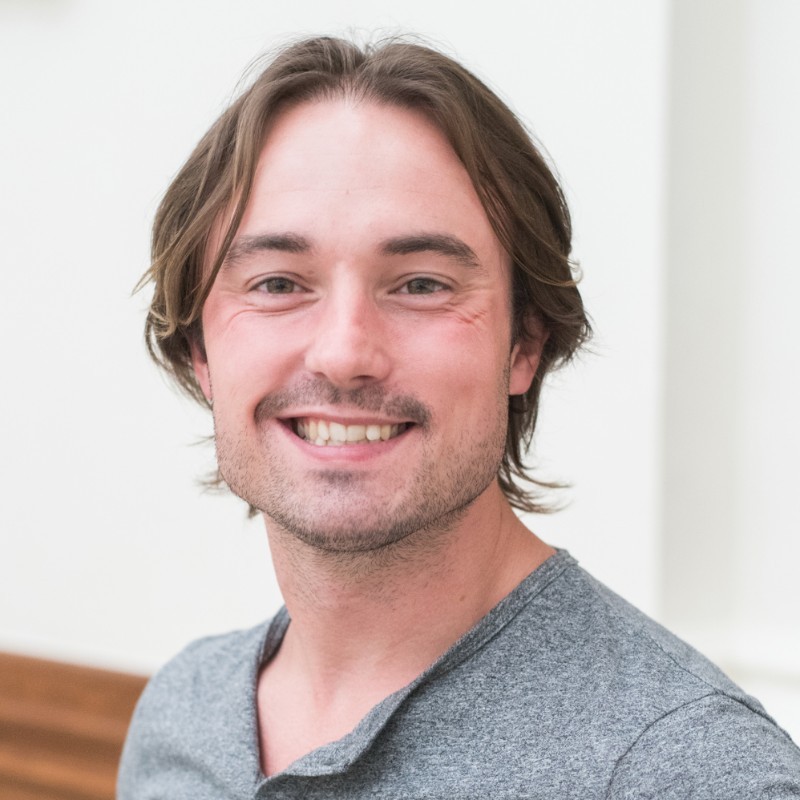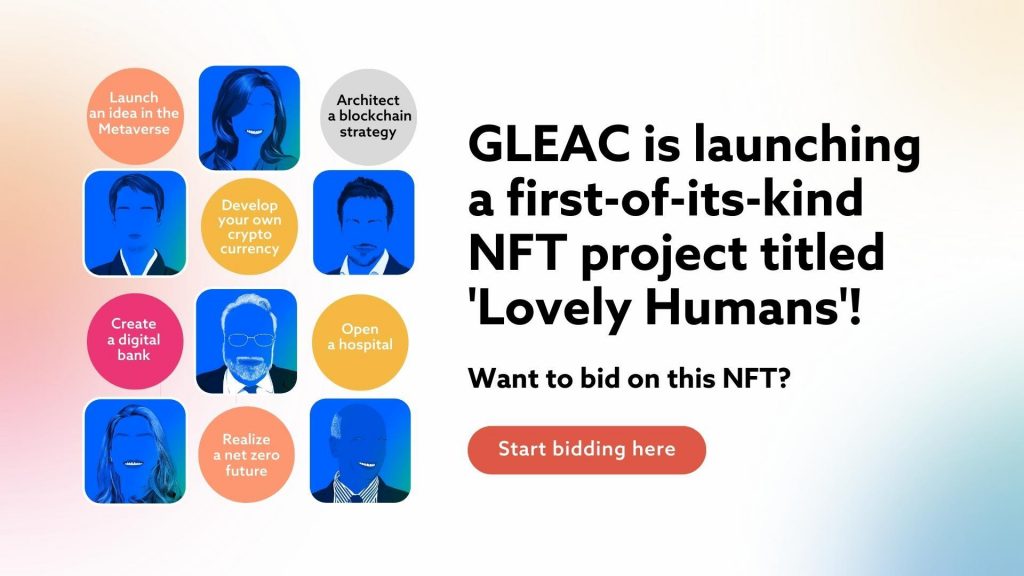The more I learn, the more I realize I know nothing. How often do we use the phrase “It’s not rocket science!” in everyday conversation? But did you know that rocket scientists have a secret phrase of their own to a similar effect? When faced with a problem that appears harder than it actually is, rocket scientists tell one another – “It’s not brain surgery!”
By his own admission, Dr. Leon Vanstone is a Rocket Scientist, a storyteller, and an idiot. He is an expert in hypersonic aerodynamics, scramjet engines, and space launch vehicles. Leon also founded the Texas Rocket Engineering Lab, in partnership with Firefly Aerospace and the University of Texas. They are building the largest student rocket in the US!
GLEAC has partnered with this awe-inspiring human for Lovely Humans. As part of this one-of-its-kind project, GLEAC will be minting Leon’s time as an NFT! So what does that mean? You will be able to bid for 5 hours of Leon’s time that you can use over the period of a year. Leon is a prestigious member of the #GLEACMentorCommunity and he talks passionately about rocket science amongst other things.


In a chat with GLEAC, Leon spoke about GLEAC’s metaverse project and a past decision he’s grateful for. Take a look!
GLEAC: What, according to you, makes GLEAC’s Lovely Humans project unique?
Leon: While Web 1 and Web 2 were revolutionary technologies, they made a ton of money for very few pew people. Of course, there is nothing wrong with that, but Web 3 allows the community to come together and have shared prosperity. GLEAC is building an amazing community through Lovely Humans with the goal of shared prosperity.
GLEAC: How do you think your NFT buyer will benefit from minting time with you?
Leon: Web 3 is a whole new world and I’m interested to see the kind of people that reach out to me. Actually, one of my favorite things about this project is that it’s giving a lot of different people the opportunity to connect with me. I’m looking forward to collaborating with people who are trying to solve problems or learn something new.
GLEAC: Why is it important to adopt Web3 tools?
Leon: The internet boom happened when I was all of 10 years old so I grew up using the internet. For me, the internet was like a fictional sibling I never had. I remember being on the internet in my teenage years and everyone just thought it was weird. Talking to someone on the internet back then was considered strange. And a decade later, everyone was doing it! As the internet evolves alongside us, Web 3 is going to usher us into this next phase of online community building.
GLEAC: Which projects would you like to work on if you were to co-create something with your NFT buyer?
Leon: My background is in rocketry, but I like to believe that I’m a good storyteller as well. Even when you are writing a science paper, it flows like a story. I’m fascinated with the way technology and people interact. And I like to take complicated things and break them down in a way everyone understands. The more I learn, the more I realize I know nothing.
GLEAC: Which past decision of yours are you grateful for?
Leon: When I was 16, my school was running a career fair. I wasn’t intending to go, but I casually mentioned it to my father who insisted we go. I told him it was a long drive and it was already 7 pm. But he said it would be fun and so we went.
At the fair, there was an old man, probably in his 70s. I think I was one of the 3 people who spoke to him that day. He was an Engineer and I told him I like planes and rockets. He suggested I go to Imperial College London. But I had never heard of it and he said that’s where I could learn about engineering and rockets. I applied and I got in. That chance to meet with this old man changed my life. And that’s what I love about GLEAC’s project – It allows for these chance meetings that can change your life!
GLEAC: What are the pros and cons of being in Rocket Science?
Leon: The one definite pro is that I like building rockets. Truth be told, it’s a career that isn’t harder than any other. And it pays extremely well! One of the cons is that the work I do and the knowledge I have is regarded by the USA as a weapon. I am prohibited from talking about certain things and that’s really tough for someone who loves sharing information and telling stories. The space race is ultimately an arms race and a lot of the technology that we create is mired in war and conflict. That is why Rocket Science is a double-edged sword.
GLEAC: Which learning of your professional journey would you like to share with the world?
Leon: My biggest learning is that any organization that has even 1 person in it, is an organization about people. SpaceX, for instance, is not a company that builds rockets. It is a company that manages employees who build rockets. The individual employees manifest the rocket into existence. The company moves them towards a common purpose. The technology will take care of itself if you take care of the people.
GLEAC: Which soft skills are needed in your line of work?
Leon: Someone in my undergraduate program once told me, “I solve hard problems, I don’t have soft skills.” I think that is a really backward way of thinking because technology without people is irrelevant. Soft skills like storytelling and translation have really helped me stand out in my career. It’s not that I’m a better rocket scientist than most. There are people who are much, much smarter than I am. But what really helped me was my ability to bring people together and bind them with a story. Yes, there’s a lot of hard math and science at play, but if you want to go far, you need to be able to work well with people.
Leon Vanstone is part of our ‘Lovely Humans’ NFT drop happening on the 15th of October 2022! We give you access to 5 hours of his time through this one-of-a-kind NFT.
For more awesome content from our other mentors check out our blog (www.gleac.com/blog). Visit at our website (www.gleac.com) and also for our NFTs head on over to Lovely Humans (www.lovelyhumans.io) to learn more!



